Out West and on the national stage, recent wins for public lands prove that our voices matter, but we can waste no time patting ourselves on the back
Recently, sportsmen and women in Wyoming were instrumental in keeping state legislators in line by speaking out against a constitutional amendment that would have set the stage for transfer of America’s public lands to the state. The amendment would have sent the message to D.C. that Wyoming is willing and able to take over public lands, if given the chance. (Even though, as most of you know, this is not just an unpopular idea, it’s also financially inconceivable.)
Since some federal lawmakers are working to make this happen, too, an immediate response from hunters and anglers was critical.
What Exactly Went Down in Wyoming?
The text of this legislation was deliberate: Wyoming lawmakers carefully reserved the right to exchange newly acquired lands, and even sell them, but only for “public purposes,” which, conveniently, were not defined. This was nothing more than another veiled attempt to take over the public lands that are the backbone of our hunting and fishing heritage, and sportsmen and women, the original conservationists, were not fooled.
Hunters, anglers, and other public-land enthusiasts packed two public hearings about the proposal and testified with an overwhelming No way, not our lands! In just a few short weeks, nearly 1,000 of TRCP’s advocates in Wyoming sent 1,980 letters to their state representatives, urging them to reject this bad idea. You called, emailed, faxed, and showed up in person to voice your displeasure. It took all of us to finally get the message across.
The result was empowering and an example of the clout that hunters and anglers have when we unite and take action: The Wyoming legislature dropped the land transfer amendment, and the window to propose anything similar has passed. We want to thank you for showing that everyday sportsmen and women are a force to be reckoned with and for helping us make a difference in the Cowboy State.
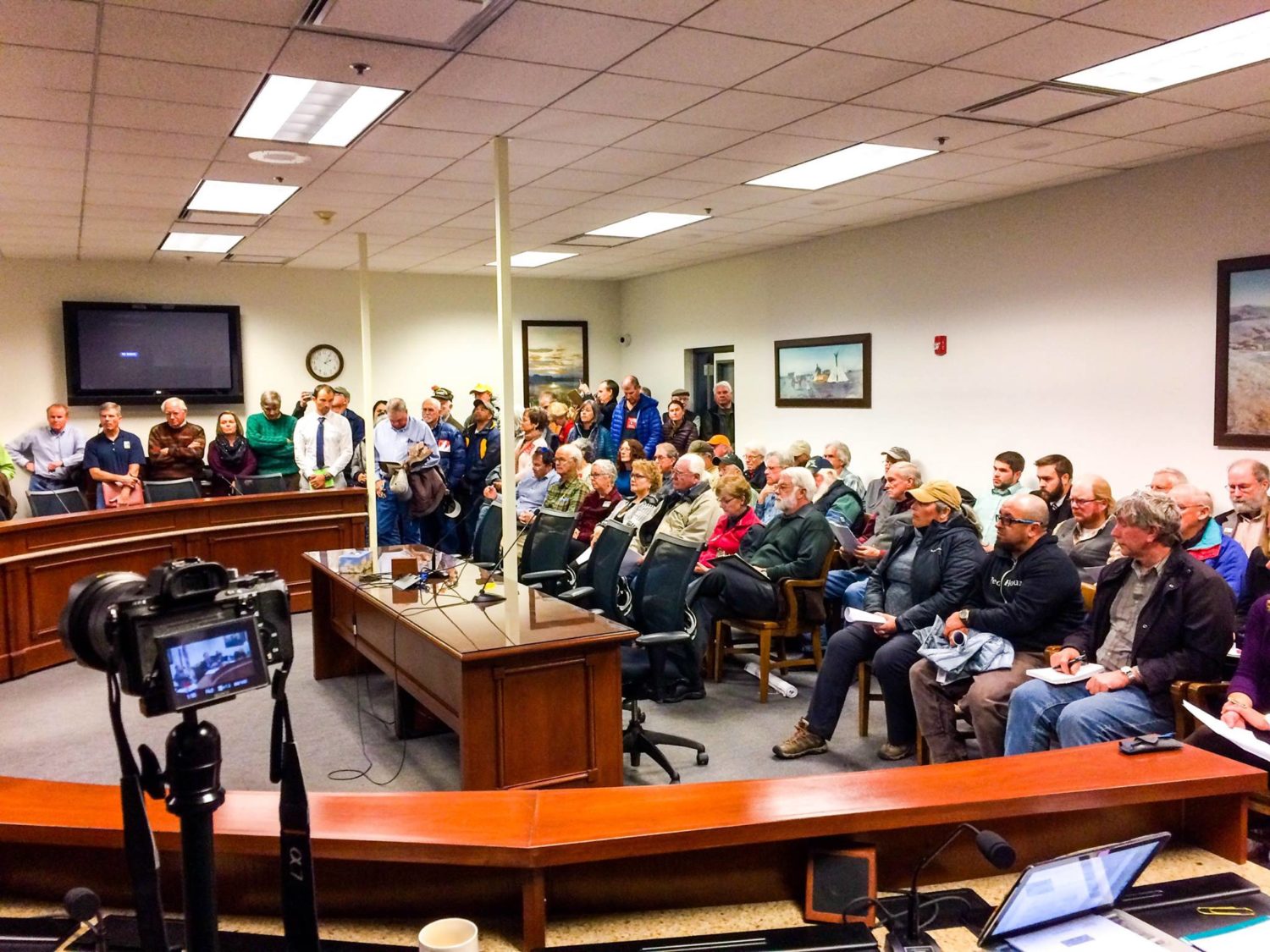
The Tide May Be Turning
Fortunately, this pattern seems to be playing out elsewhere. A few days after we heard the good news in Wyoming, sportsmen and locals rallied at Montana’s Capitol in Helena, chanting “keep public lands in public hands.” It was impossible for lawmakers to ignore the more than 1,000 people decked out in camouflage and brandishing signs in the rotunda and stairwells.
There, Governor Bullock reaffirmed his commitment to public lands, rallying the crowd with his proclamation that “the proposals to transfer public lands have no place in this building and they have no place in Montana.” But he didn’t stop there. “Not only do we need them to hear us here in this building,” he cried, “but we need them to hear us all the way in D.C.”
His comments seemed to foreshadow the events of last week, when social media blowback forced Utah Congressman Jason Chaffetz to withdraw his bill that would dispose of 3.3 million acres of our public lands. As satisfying as that was to see, it is critical that we keep our game faces on and keep speaking up, especially because not all threats to our public lands are highly publicized and obvious.
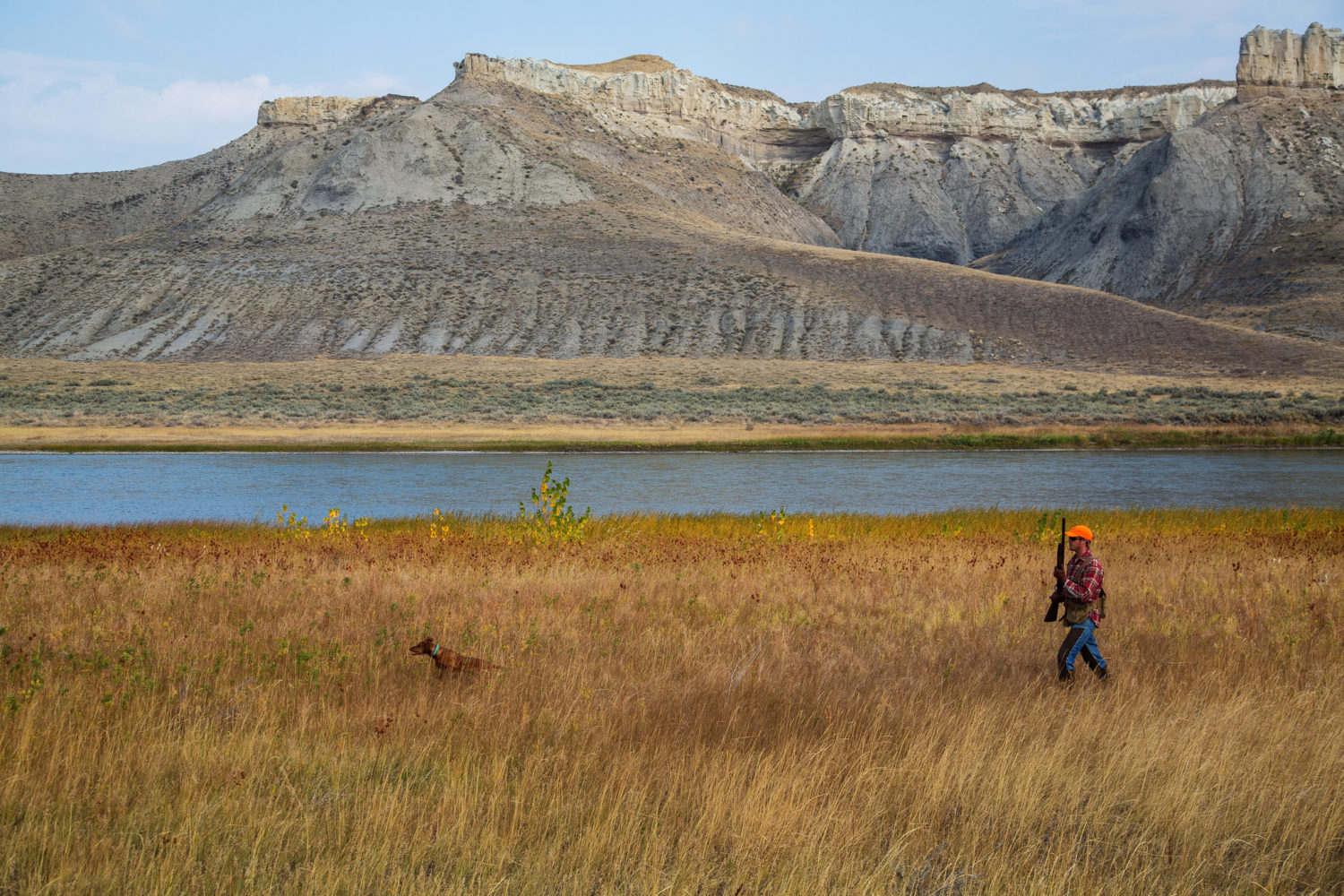
Your Opposition Checklist
We all need to stay vigilant and informed, and when called upon, hunters and anglers everywhere need to make sure their voices are heard loud and clear. Since it’s the off-season, we’re pretty sure you’ve got the time. Here’s what to do:
- Sign the Sportsmen’s Access petition. This will send your elected officials a note letting them know that you support public lands and ensure that you’ll be the first to hear from us about developments on this issue.
- Stand up for your voice in public lands management. You are an important part of the democratic process on our BLM lands, and your access means nothing without healthy habitat and strong fish and wildlife populations once you’re out there. Better planning for all the diverse ways we use public lands also means that detractors have less of a case for saying that land management is dysfunctional.
- Call a friend east of the Mississippi and bend their ear about this issue. Their congressmen and women will cast votes on legislation that shapes our public lands. We won’t get very far if only half the country thinks it’s their problem to stand up for America’s public lands legacy.
We should pat ourselves on the back for our recent triumphs, and feel inspired and confident about the outcomes we helped to shape. But there will be bills that do not disappear overnight. They will get hearings and may force your elected officials to choose what side they’re on. Make sure there isn’t a choice. Make sure our lawmakers are siding on the side of sportsmen. And make sure whenever they look over their shoulder, it’s a sea of blaze orange they see looking back.

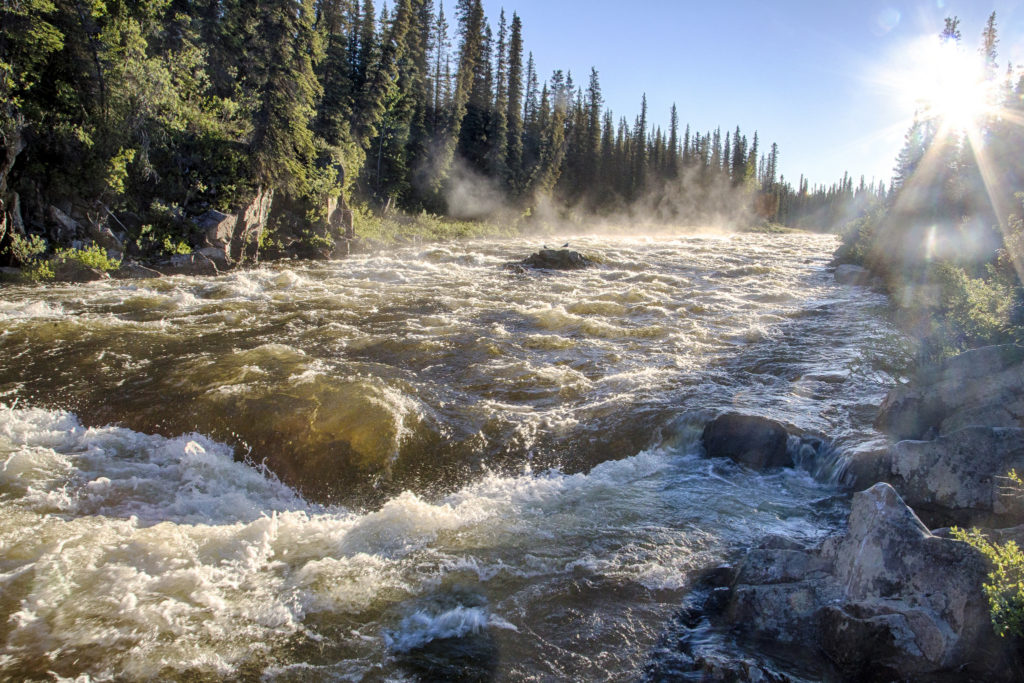
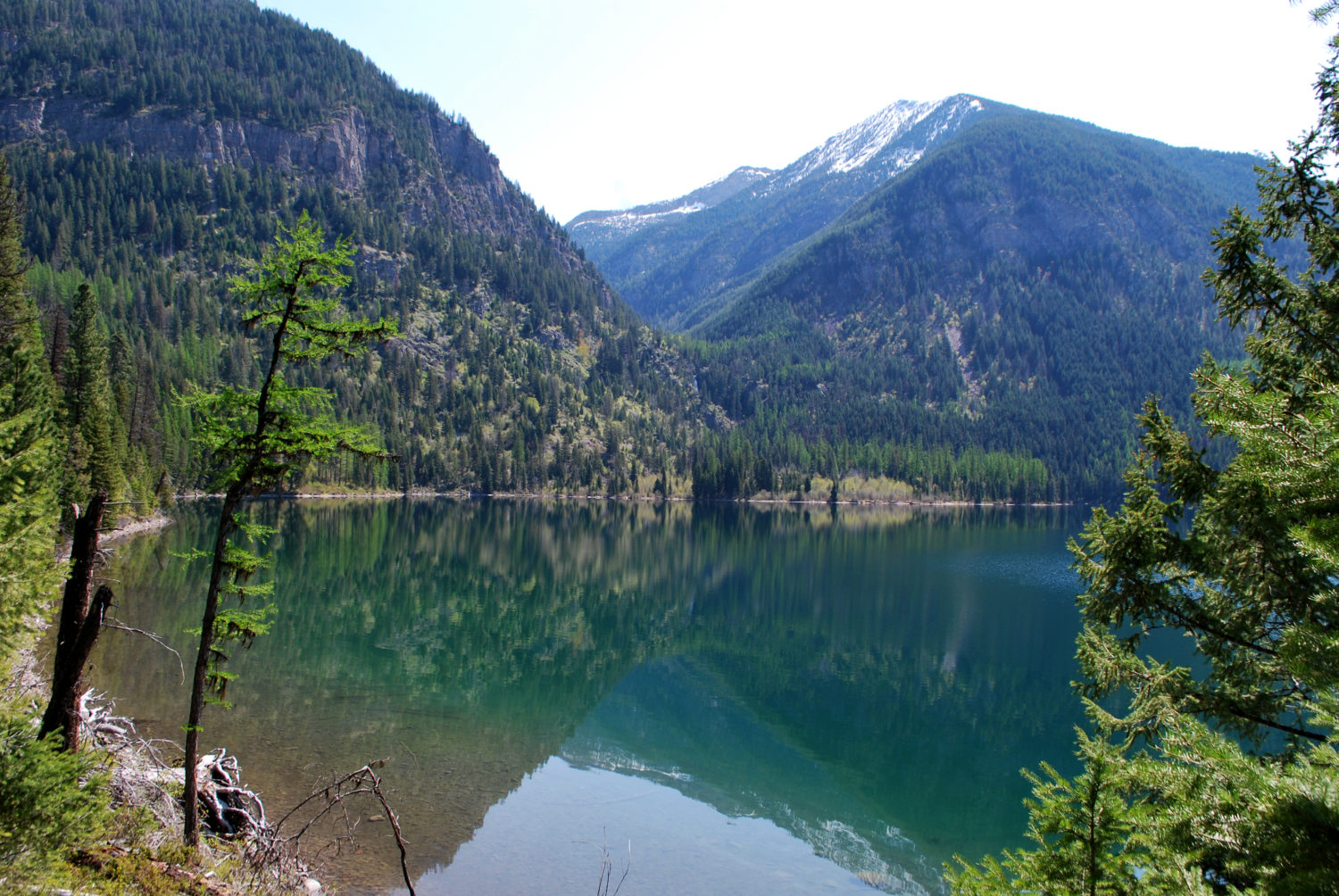
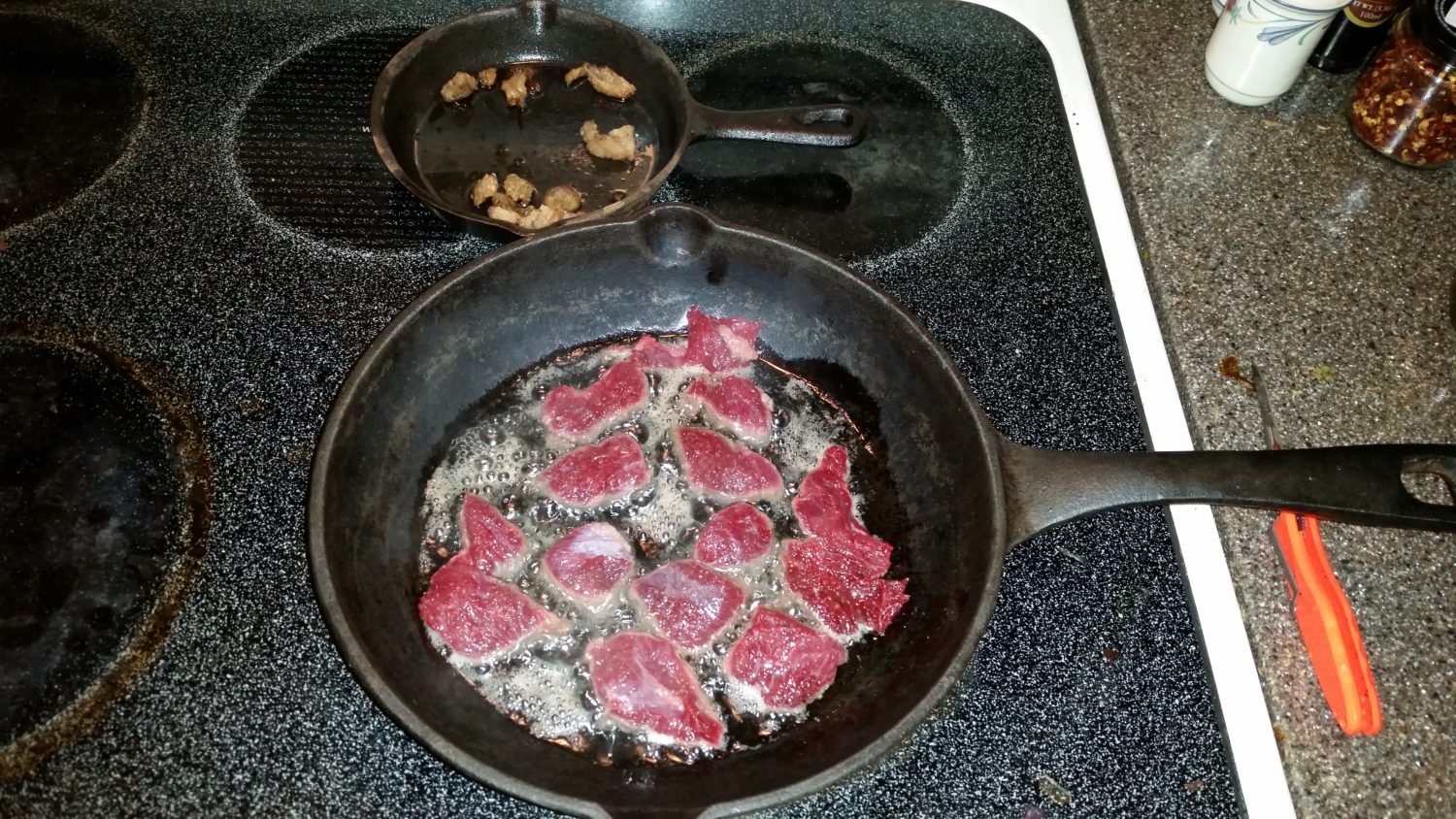
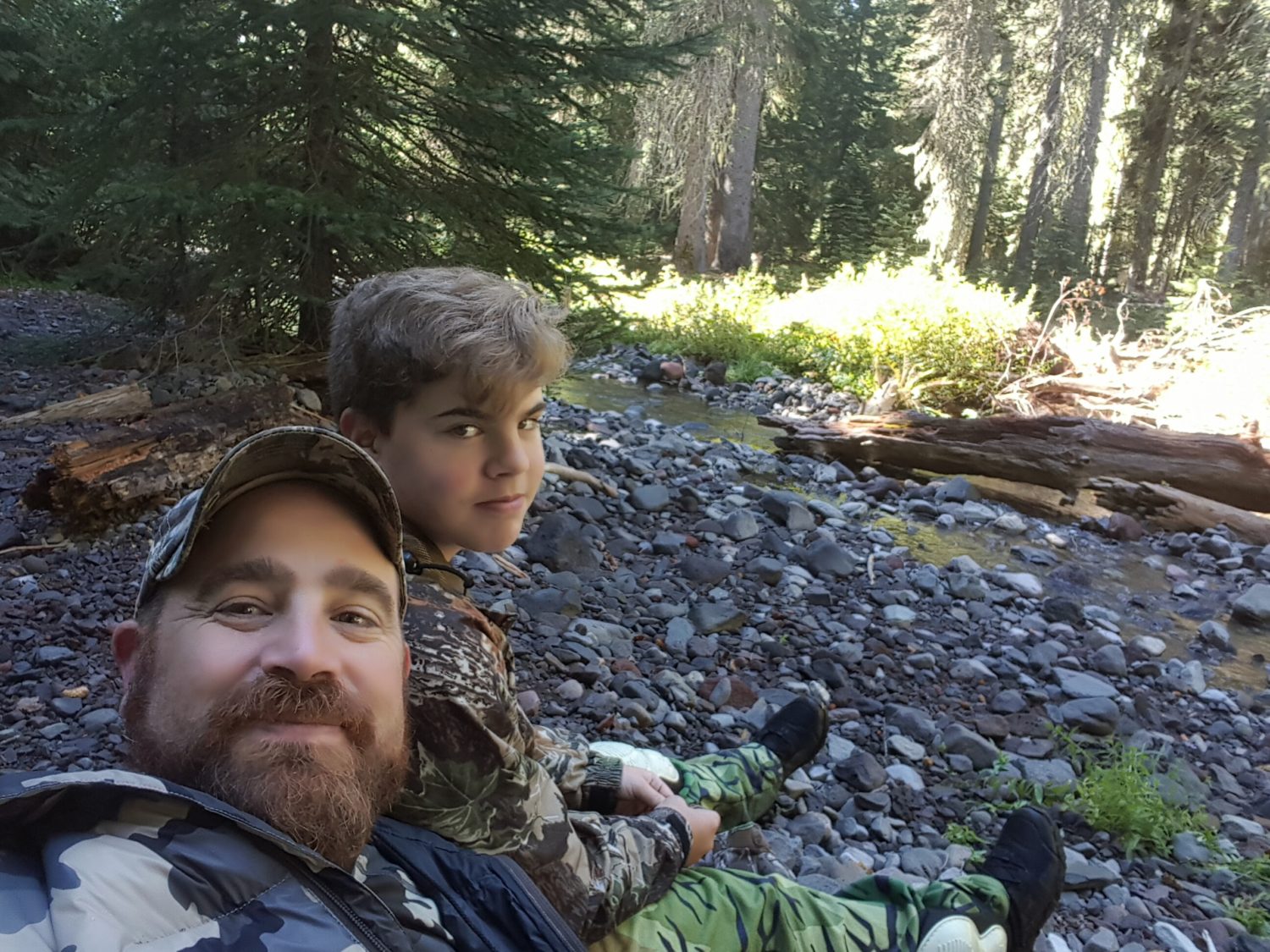
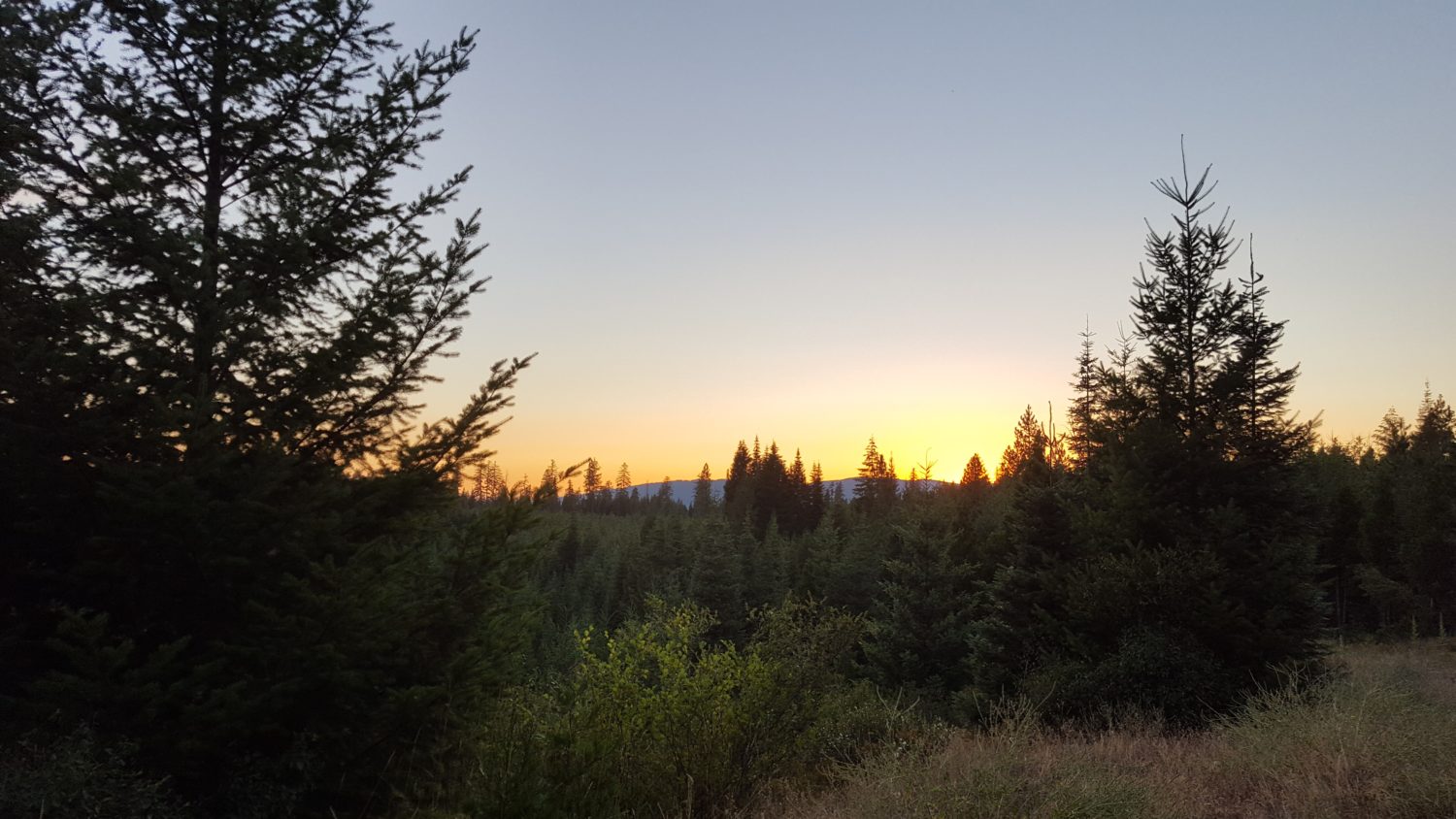
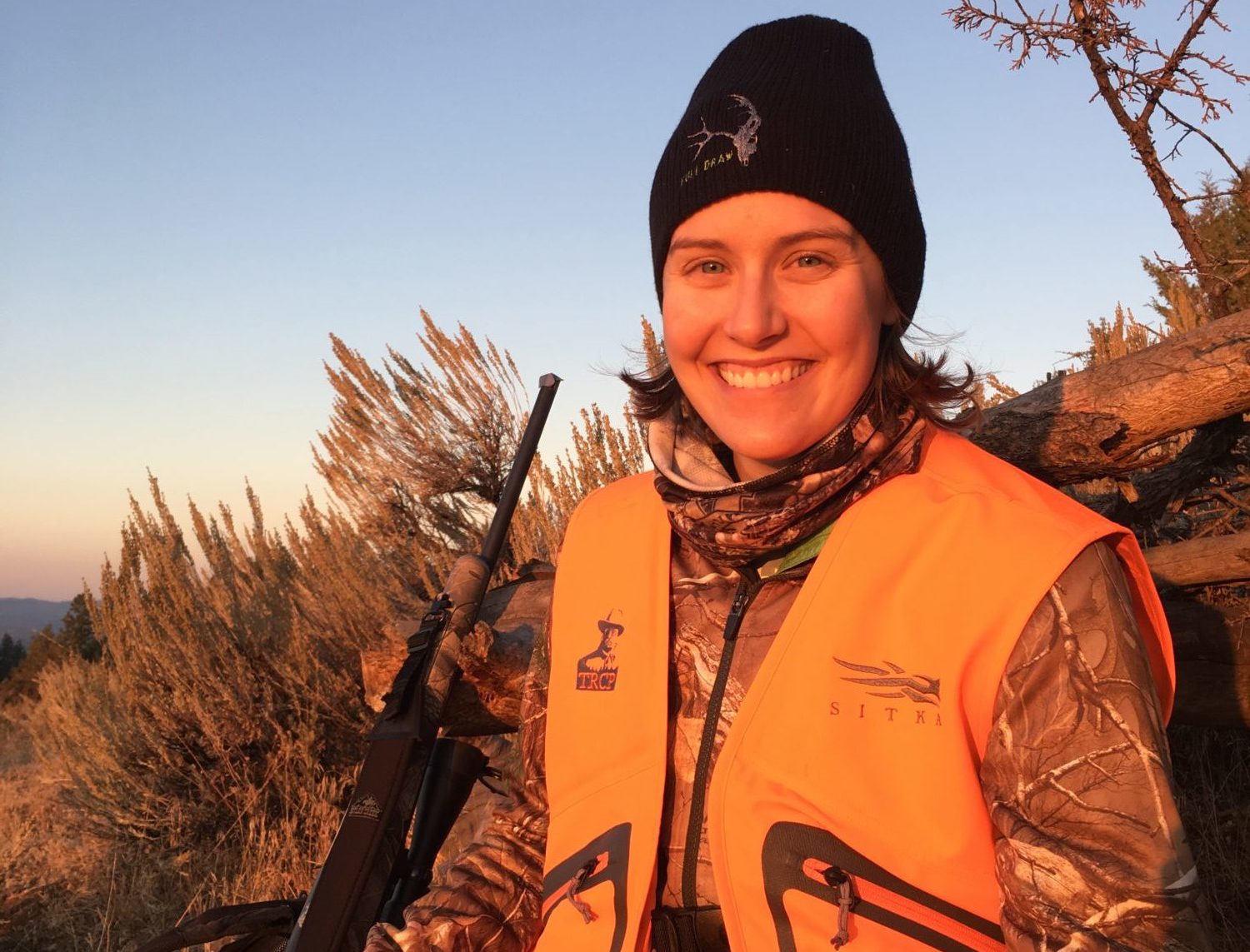
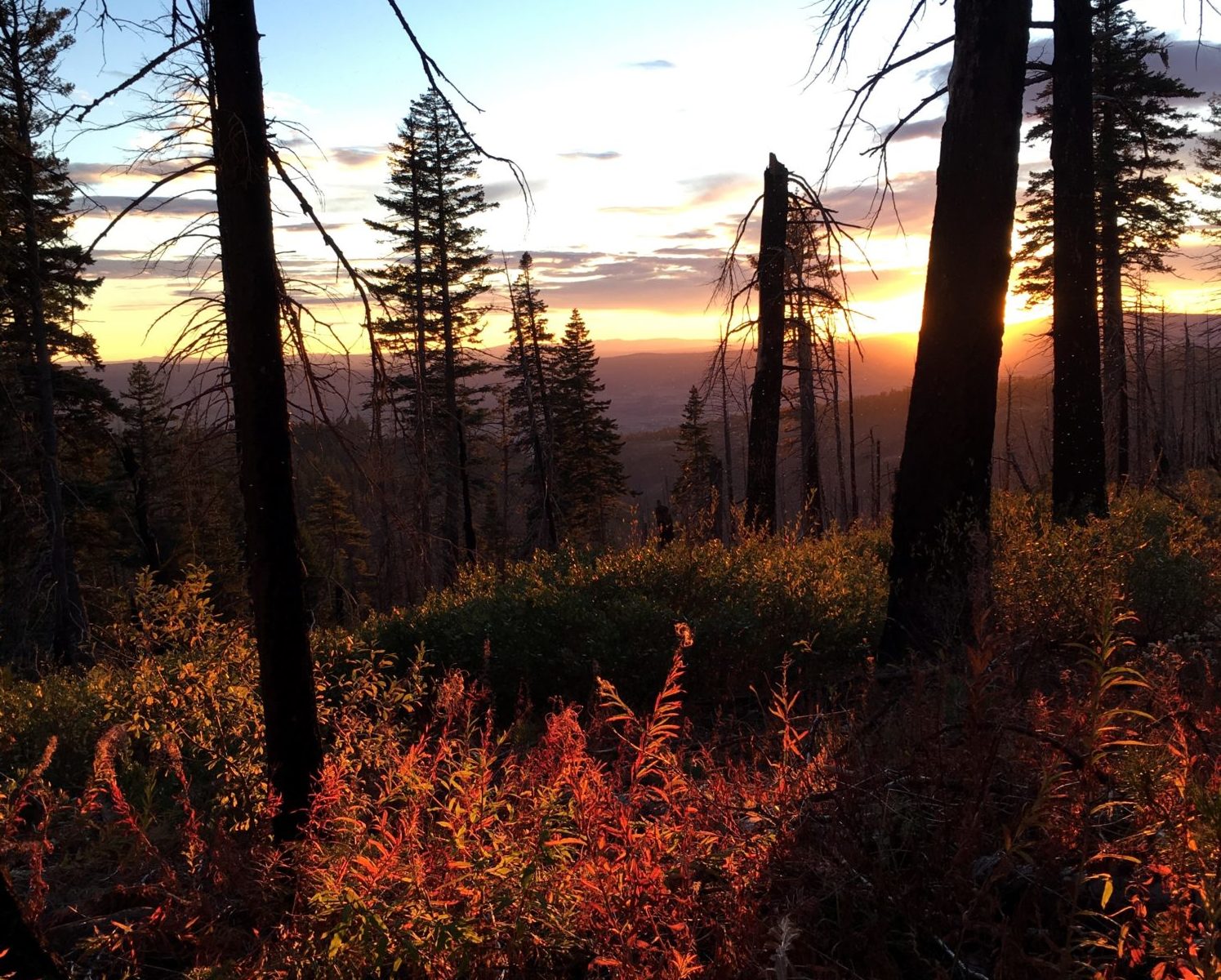
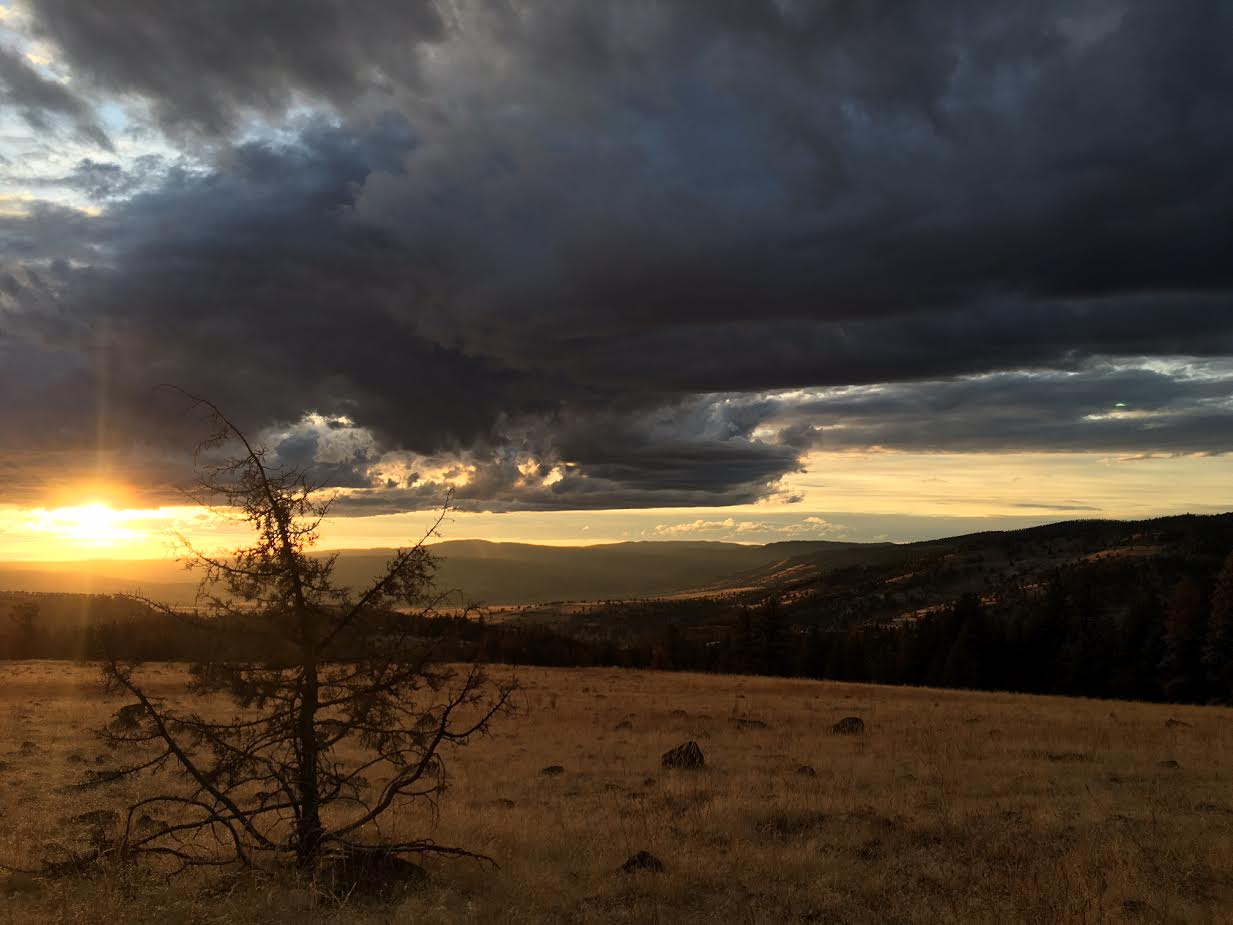




If the ranchers don’t want to graze by the rules of the Government, they can take there cattle and leave. For what they pay for leasing government ground and what the ranchers pay for in Nebraska renting private ground is a world of difference. Nebraska $350 to $450 a cow/calf pair for 5 months. They get by on Government ground for less than $25 dollars. I think if I was them, I could find away to get along. It’s nice to know that the people of the USA have some place to go hunting, fishing, hiking, or what ever on Public land.